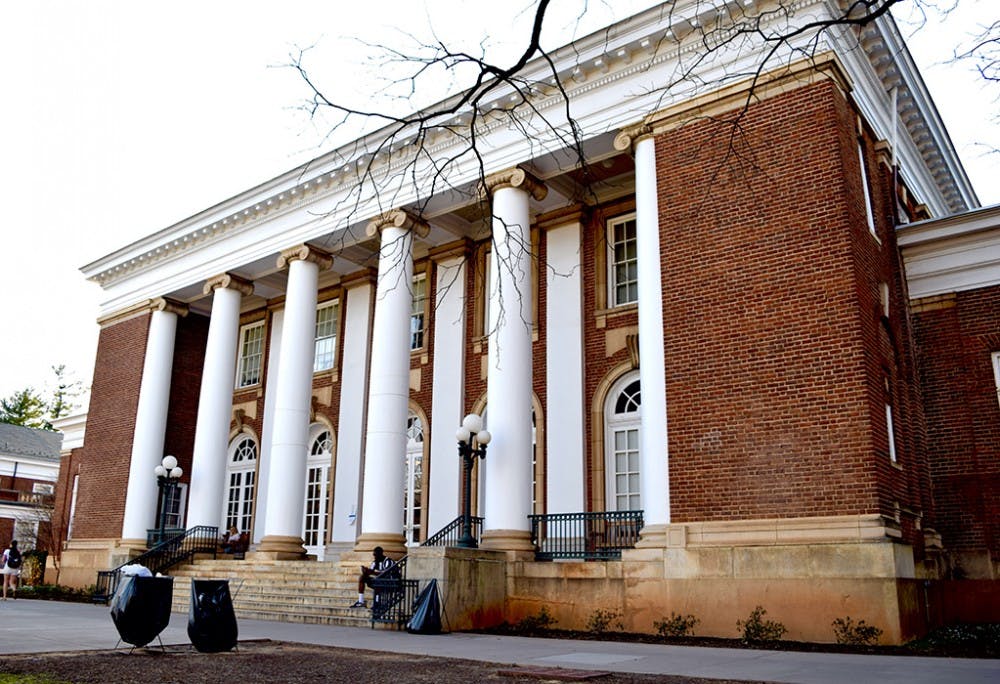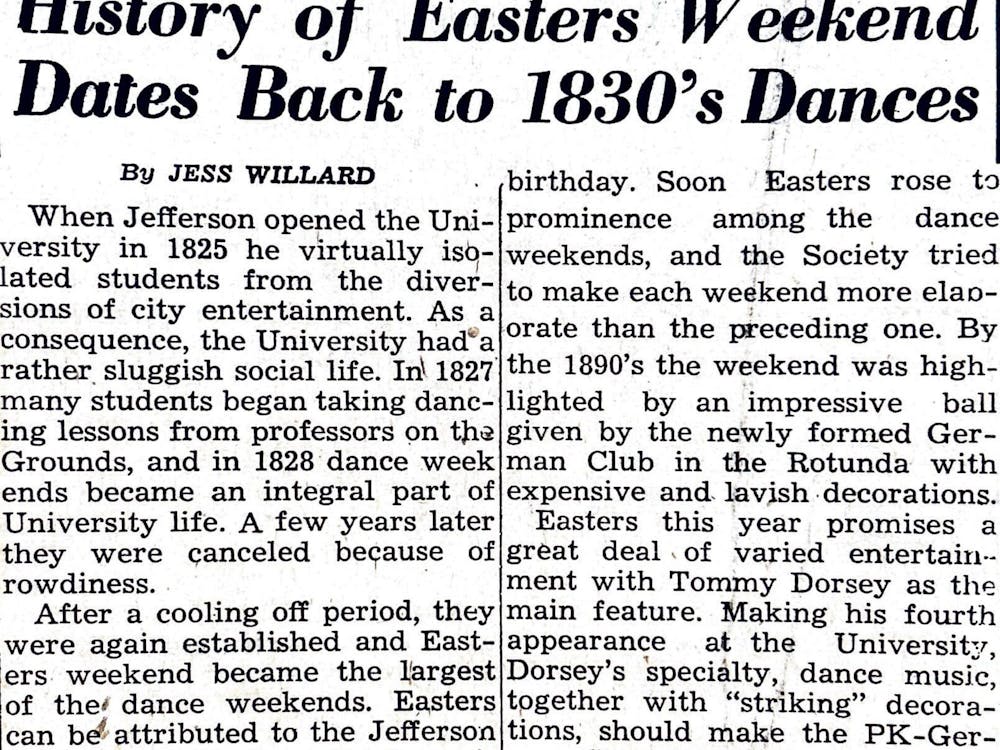With around 2,000 University students studying abroad each year, threats of terrorist attacks present a growing cause for concern.
The University has a comprehensive emergency and communication plan which includes the services of an evacuation assistance provider and security intelligence services which furnish the University with regular and emergency updates, Dudley Doane, director of the International Studies Office, said in an email statement.
Responses to the attacks in France in November and the recent attacks in Brussels were guided by this plan.
Despite the attacks last fall, participation in January term education abroad programs actually increased, Doane said.
Third-year College student Margaret Mester studied abroad during the Fall 2015 semester in Lyon, France, through the U.Va. in Lyon program.
“U.Va. provided us with on-site program directors that acted as intermediaries between the University and Lyon throughout the whole process. Their support during and after the Paris terror attacks was comforting and made the situation feel less foreign,” Mester said. “They were extremely accommodating and made it clear that they would arrange for any students who did not feel safe to return to the U.S. to finish classes.”
Doane said the host university or provider has the first layer of responsibility for crisis management and is students’ first point of contact.
“Like U.Va., they have an emergency and communication plan. These organizations monitor local and regional health, safety and security conditions. Outside programs seek input from the home schools of the students they host, from expert sources, and from the U.S. Department of State,” Doane said. “U.Va. students who join outside programs must have health and emergency assistance insurance which includes evacuation.”
Procedures for removing students from their host country vary according to local conditions, government directives and the evacuation service, Doane said.
Third-year College student Price Gillock studied abroad in Brussels, Belgium, for the Fall 2015 semester.
“I never felt threatened enough to leave Belgium after the attacks in Paris and the lockdown — the precautions taken by the Belgian police and the army were very thorough and reassuring,” Gillock said. “I was already 75 percent through my stay and wanted to finish it out.”
After Brussels went on lockdown, friends in his program left, but life continued as usual and he grew close to Belgian friends, Gillock said.
Third-year College student Bridget Inglima studied abroad in Paris, France, during the Fall 2015 semester.
“I ultimately decided to leave because I knew that I wouldn't feel safe doing simple things like taking the metro anymore. My parents also factored into my decision, because I knew that if I stayed they would be worried sick for a month straight,” Inglima said. “Their relieved faces when I landed in America certainly made my departure worth it.”
Doane said the International Studies Office spoke with about five families following the attacks in Paris last year.
“Safety is addressed throughout the advising process and in Pre-Departure Orientation,” Doane said. “Students and their families have access to a range of resources.”
Gillock, Inglima and other students who were abroad at the time still spoke highly of their overall experience and recommended studying abroad to their peers.
“Speaking personally, studying abroad in the foreign country in which the attacks occurred was uncomfortable. I was viewing the situation from a sort of surreal middle ground as an American living in France,” Mester said. “By that point I had already developed an appreciation for the French culture and felt comfortable living in and amongst it. If anything, grieving both with and for the country following the attacks deepened my sense of connectedness to the French people.”
Third-year Commerce student Caroline Meyer is currently studying abroad in Barcelona, Spain, for the Spring 2016 semester.
Meyer said she didn’t think about terrorist attacks until the events in Brussels earlier this week, leaving her to wonder how safe Barcelona is.
“You can’t live in fear, you have to keep traveling and living your life. It’s sad but it’s just the world we live in today, and it’s a part of studying abroad you have to realize is a factor,” Meyer said.







